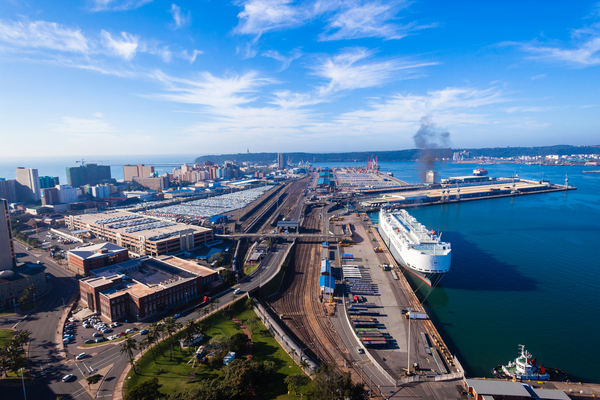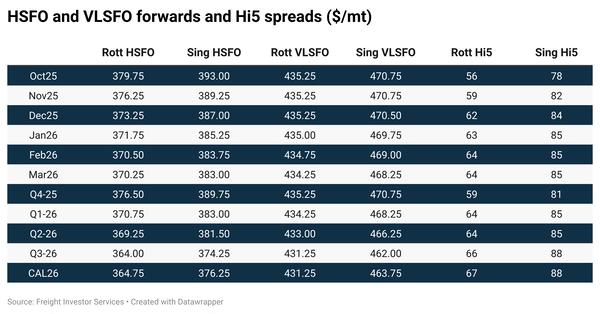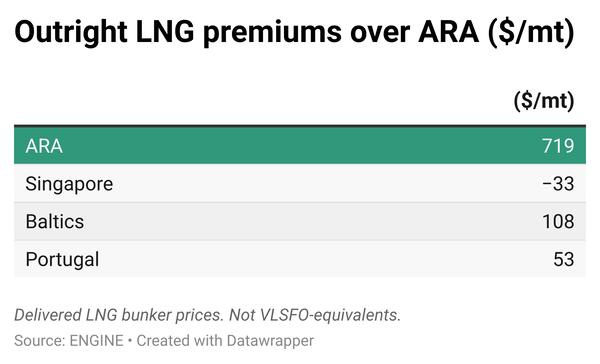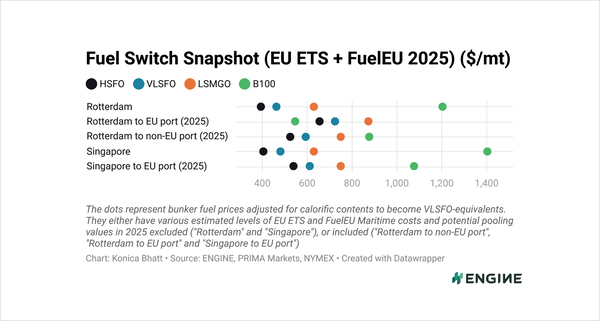Update: First-ever ship-to-ship methanol bunkering in East Port Said
A.P. Moller - Maersk's methanol-fuelled vessel was bunkered with 500 mt of bio-methanol in Egypt’s East Port Said at the northern end of the Suez Canal.
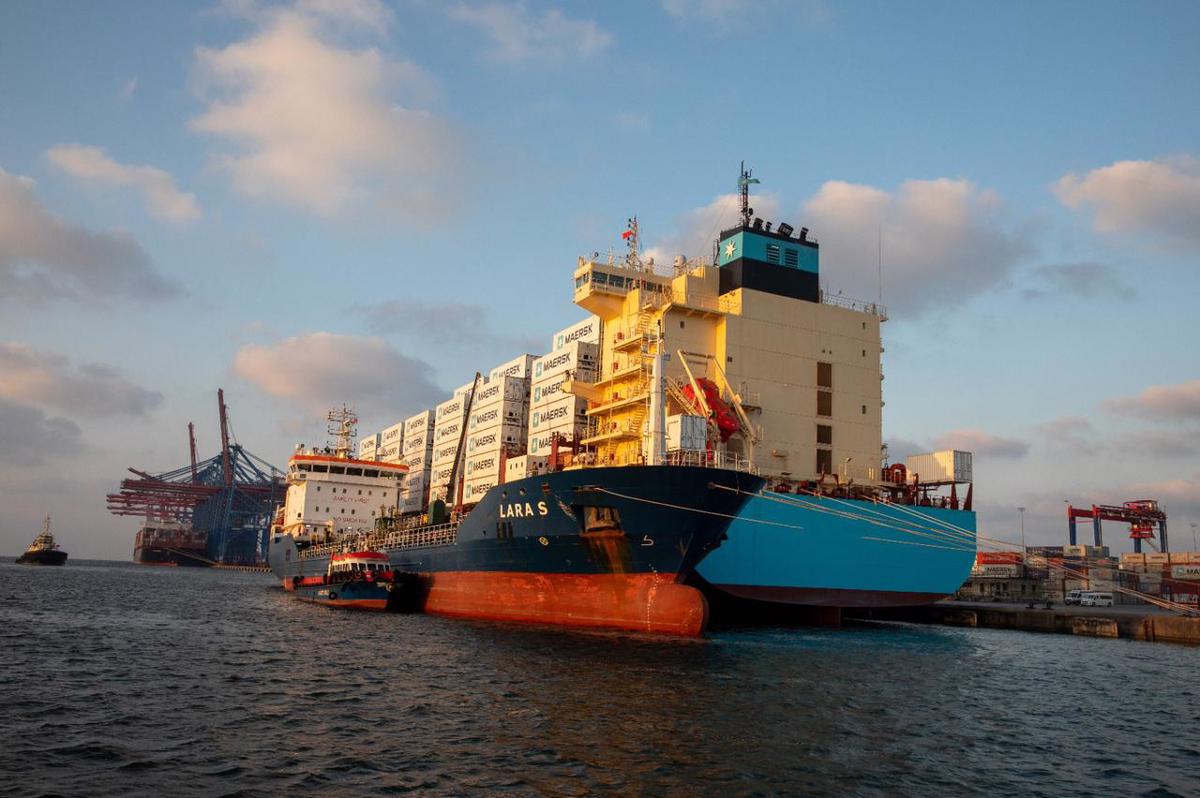 PHOTO: Maersk's methanol-fuelled vessel was bunkered with 500 mt of bio-methanol from the tanker Lara S in Egypt’s Port Said. Suez Canal Economic Zone Authority
PHOTO: Maersk's methanol-fuelled vessel was bunkered with 500 mt of bio-methanol from the tanker Lara S in Egypt’s Port Said. Suez Canal Economic Zone Authority
East Port Said is a deep-water port on the Mediterranean Sea and is located at the northern end of the Suez Canal.
Bunkering was conducted by the chemical tanker Lara S, operated by Dutch methanol producer OCI Global under its OCI HyFuels brand. The stem was delivered near the Suez Canal Container Terminal, which is the main operator of SCZONE’s East Port Said port in Egypt.
“This operation is the first of its kind in Egypt, Africa, and the Middle East, as part of Egypt’s strategy to restore its role in ships’ bunkering services, whether with fossil or green fuel and then enhance the benefit from the prime location of its seaports on the Red Sea and the Mediterranean Sea,” said the general authority for the Suez Canal Economic Zone (SCZONE).
As of now, Danish shipping major A.P. Moller-Maersk’s first dual-fuelled methanol feeder ship has been bunkered with 1,000 mt of bio-methanol in South Korea's Ulsan, 300 mt in Singapore and 500 mt in Egypt.
It will make a final refuelling stop in Rotterdam in the Netherlands, before arriving in Denmark's capital port of Copenhagen.
Dutch methanol producer OCI disclosed to ENGINE that it supplied 100% biomethanol produced from steam reforming of bio-methane to Maersk’s methanol-fuelled vessel for its maiden voyage from Ulsan to Copenhagen. This bio-methanol does not have any fossil component, the company clarified.
The bio-methanol is produced at OCI’s existing methanol plant in Texas and emissions are accounted for using a mass-balancing approach.
Maersk’s vessel can reduce absolute GHG emissions by 65% with OCI's biomethanol on a well-to-wake basis. This is calculated taking into account fossil-powered chemical carriers' emissions during transportation of the fuel from Texas plant to selected ports, confirmed the company.
Meanwhile, Maersk has paid $2,500/mt on an energy equivalent basis for the bio-methanol it bought from OCI HyFuels, chief executive of Singapore-based shipping coalition Global Centre for Maritime Decarbonisation (GCMD), Lynn Loo, said in a social media post.
This cost is at a premium of $1,800-1,900/mt over the price of VLSFO at major global ports and at a premium of $1,600-1,700/mt over the price of LSMGO.
By Konica Bhatt
Please get in touch with comments or additional info to news@engine.online

Contact our Experts
With 50+ traders in 12 offices around the world, our team is available 24/7 to support you in your energy procurement needs.

